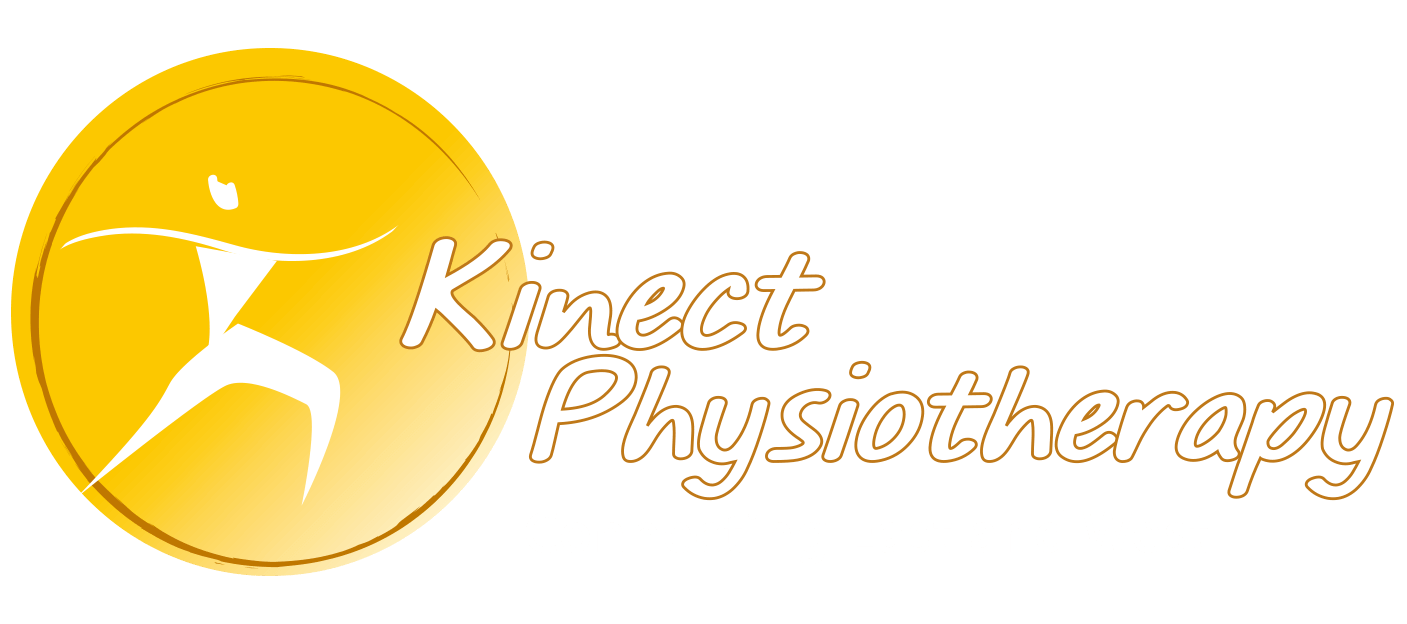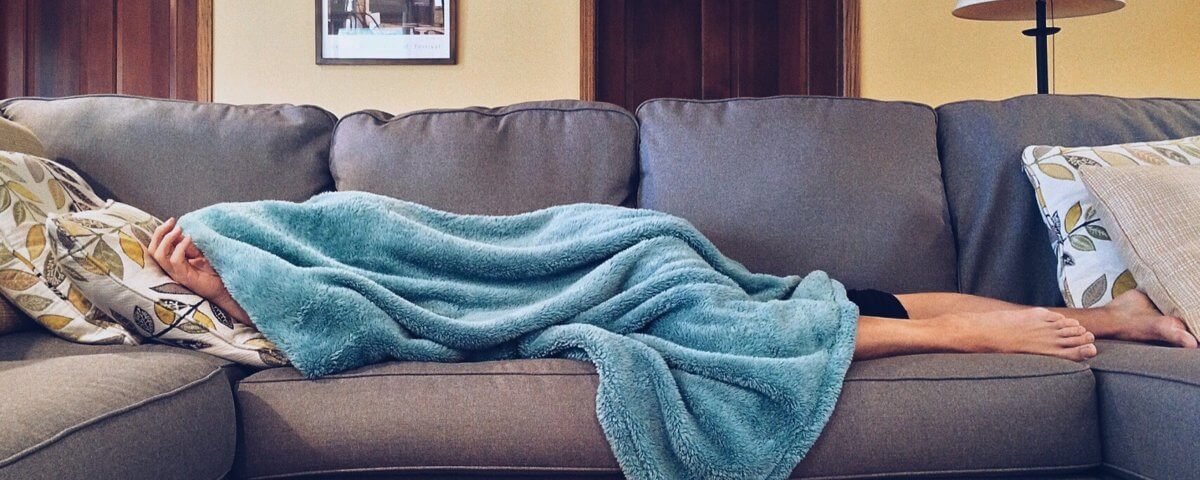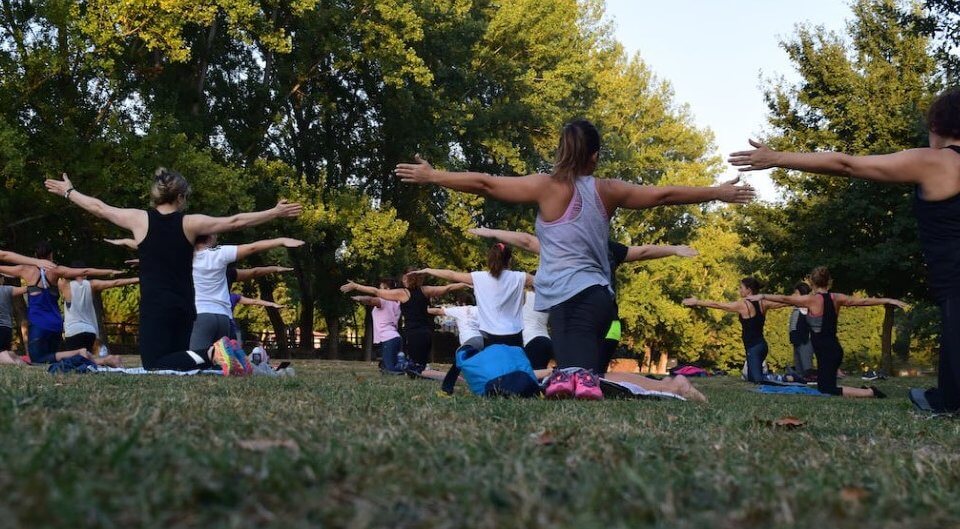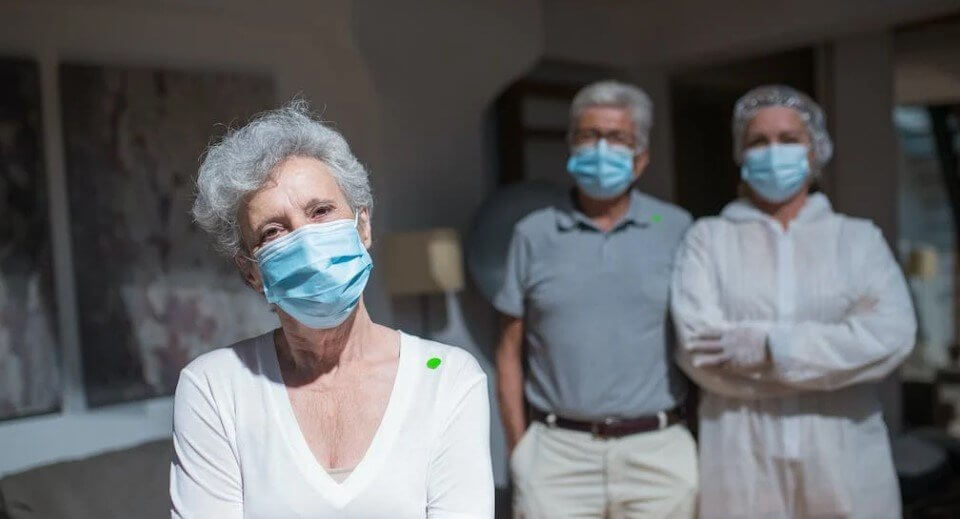
How Physiotherapy Can Help with Work-Related Injuries
April 10, 2023
Understanding the Role of Nutrition in Physiotherapy
June 4, 2023Struggling with sleep issues can significantly impact your quality of life. While medications and supplements claim to improve sleep, not everyone wants to rely on them. Acupuncture is an ancient practice used for thousands of years to promote relaxation and relieve pain. Nowadays, it’s gaining recognition for its ability to help people sleep better. This post explores how acupuncture can improve your sleep, what to expect during an acupuncture session, and how it compares to other sleep aids. We also answer common questions and help you decide if it’s right for you.
Acupuncture is an ancient healing practice that involves inserting fine needles into specific points on the body to balance the body’s energy flow and promote healing. It’s been used for a wide range of health conditions, including sleep disorders.
In recent years, acupuncture has gained popularity as a natural treatment for sleep disorders, such as insomnia and sleep apnea. Here are some of the ways acupuncture can improve your sleep:
The Connection Between Acupuncture and Sleep
Traditional Chinese Medicine attributes the maintenance of overall health and well-being to the body’s energy flow, Qi. Sleep disorders can arise when Qi is blocked or imbalanced. Acupuncture can address this by restoring the balance of Qi in the body, thus improving sleep quality and duration. By stimulating specific points on the body, acupuncture can calm the mind, reduce stress and anxiety, and promote relaxation. Moreover, acupuncture has been found to stimulate the production of endorphins, the body’s natural painkillers and mood boosters. Endorphins can alleviate pain and discomfort that may be interfering with sleep, improve overall mood, and reduce feelings of anxiety or depression.
Research supports acupuncture as an effective treatment for sleep disorders, including insomnia, sleep apnea, and restless leg syndrome. A study has even found that acupuncture was more effective than medication in improving sleep quality and duration for patients with insomnia. Combining acupuncture with other therapies, such as herbal remedies, dietary changes, and lifestyle modifications, can further improve sleep quality and overall health.
It’s important to note that while acupuncture can be a helpful adjunct therapy for sleep disorders, it should not replace medical treatment or advice from a healthcare provider. It is always recommended to consult with a qualified practitioner before starting any new therapy.
How Acupuncture Promotes RelaxationAcupuncture has been shown to stimulate the release of endorphins, which are the body’s natural painkillers. Endorphins are also responsible for promoting relaxation and reducing stress and anxiety.
Acupuncture stimulates the parasympathetic nervous system, which lowers heart rate, decreases blood pressure, and promotes relaxation, contributing to better sleep. Acupuncture also increases the production of gamma-aminobutyric acid (GABA), a neurotransmitter that helps regulate brain activity and has a calming effect on the body. GABA is deficient in individuals with anxiety disorders and sleep disorders, and acupuncture has been found to help replenish these levels.
Acupuncture also targets specific points on the body that are associated with relaxation and stress reduction. These points are located along energy pathways, or meridians, that run through the body. By stimulating these points, acupuncture can help to restore balance to the body and promote relaxation.
Additionally, acupuncture may help to reduce inflammation in the body, which can contribute to a range of health problems, including stress and anxiety. By reducing inflammation, acupuncture can help to promote overall health and well-being, which can contribute to better sleep quality.
Overall, acupuncture promotes relaxation by stimulating the release of endorphins, activating the parasympathetic nervous system, increasing GABA production, targeting specific points associated with relaxation, and reducing inflammation in the body. These mechanisms work together to help restore balance to the body and promote relaxation, which can contribute to better sleep quality and overall health.
The Benefits of Acupuncture for Sleep
Acupuncture can offer a number of benefits for those struggling with sleep disorders. Here are just a few:
- Improved sleep quality: Acupuncture can help to promote deep, restful sleep by reducing stress and anxiety and promoting relaxation.
- Reduced insomnia symptoms: For those with insomnia, acupuncture can help to reduce symptoms such as difficulty falling asleep or staying asleep.
- Decreased sleep apnea symptoms: Acupuncture can help to reduce the severity of sleep apnea symptoms by promoting relaxation and improving respiratory function.
Additionally, acupuncture has been found to have fewer side effects compared to medications commonly used for sleep disorders, making it a particularly appealing option for those who prefer a natural approach to healthcare. Acupuncture may also have benefits for those who experience chronic pain or other health conditions that can interfere with sleep. By reducing pain and improving overall health and well-being, acupuncture can help to promote better sleep quality and duration.
Moreover, acupuncture can be used as a complementary therapy alongside other treatments for sleep disorders, such as cognitive-behavioral therapy or medications. This can help to enhance the effectiveness of these treatments and provide a more comprehensive approach to managing sleep disorders.
Finally, acupuncture may help to improve overall mood and reduce stress and anxiety, which can have a positive impact on a person’s overall health and well-being. By addressing underlying imbalances in the body, acupuncture can help to promote better sleep and overall health.
What to Expect During an Acupuncture Session for Sleep
If you’re considering acupuncture as a treatment for sleep disorders, you may be wondering what to expect during an acupuncture session. Here’s a breakdown of what typically happens during an acupuncture session for sleep:
The Initial Consultation
Before your first acupuncture treatment, you’ll typically meet with an acupuncturist for an initial consultation. During this consultation, the acupuncturist will review your medical history, discuss your sleep concerns, and perform a physical examination.
The acupuncturist may also ask you questions about your lifestyle, including your diet, exercise habits, and stress levels. This information will help the acupuncturist develop a personalized treatment plan that’s tailored to your individual needs.
The Acupuncture Treatment
During the acupuncture treatment, you’ll lie down on a comfortable table while the acupuncturist inserts fine needles into specific points on your body. The needles are typically left in place for 20-30 minutes, during which time you’ll be encouraged to relax and breathe deeply.
You may feel a slight tingling or numbness around the needle insertion points, but acupuncture is generally not painful. In fact, many people find acupuncture to be a relaxing and rejuvenating experience.
How Many Sessions You’ll Need
The number of acupuncture sessions you’ll need will depend on the severity of your sleep disorder and how your body responds to the treatment. In general, most people will need a series of weekly or bi-weekly treatments to achieve the best results. It’s important to note that acupuncture is a holistic treatment approach, which means that it treats the whole person, not just the symptoms of a specific health condition. As such, you may notice improvements in other areas of your health and well-being in addition to improvements in your sleep.
Overall, acupuncture can be a safe and effective natural treatment option for those struggling with sleep disorders. If you’re considering acupuncture, be sure to find a qualified and licensed acupuncturist who can help you create a personalized treatment plan that’s right for you.
Acupuncture vs. Other Sleep Aids: Pros and Cons
When it comes to treating sleep issues, many people turn to medications such as sleeping pills. While these medications can be effective in the short term, they often come with a host of side effects, such as daytime drowsiness, dizziness, and even addiction.
Acupuncture, on the other hand, is a natural and non-invasive treatment option that has been shown to effectively treat sleep issues. But how does it compare to other sleep aids such as medication, supplements, and other alternative therapies?
A. Medication:
Medication is often the go-to solution for sleep issues. There are a variety of prescription and over-the-counter sleep aids available that can help you fall asleep and stay asleep. However, many of these medications come with unwanted side effects such as dizziness, headaches, and daytime drowsiness. Additionally, some sleep medications can be addictive and may even lead to dependence.
B. Supplements:
To treat sleep issues, many people turn to supplements like melatonin, valerian root, and chamomile. However, it’s important to note that these supplements may not work for everyone, and there is limited scientific evidence to support their effectiveness. Moreover, before starting any new supplement regimen, it’s crucial to speak with your healthcare provider, as supplements can interact with other medications.
C. Other Alternative Therapies:
Other alternative therapies for sleep issues include meditation, yoga, and cognitive-behavioral therapy (CBT). These therapies can be effective for some people, but they may not work for everyone. Additionally, these therapies may require a significant time commitment, which can be challenging for busy individuals.
Acupuncture has been shown to effectively and safely treat sleep issues without the side effects of medication. Before starting any new treatment, it’s crucial to weigh the potential risks and benefits, as acupuncture offers a unique approach to improving sleep.
FAQs About Acupuncture and Sleep
When considering acupuncture as a potential treatment for sleep issues, it’s natural to have questions and concerns. Here are some frequently asked questions about acupuncture and sleep:
Is Acupuncture Safe?
Acupuncture is generally considered to be safe when performed by a qualified and licensed practitioner. The needles used in acupuncture are sterile, single-use, and disposed of properly after each treatment. However, as with any medical procedure, there is always a small risk of side effects or complications. It’s important to discuss any potential risks with your acupuncturist before starting treatment.
B. What Are the Risks and Side Effects of Acupuncture?
The most common side effects of acupuncture are minor and include soreness, bruising, or bleeding at the site of the needle insertion. In rare cases, more serious side effects such as infection or organ injury may occur. It’s important to discuss any concerns with your acupuncturist before starting treatment and to seek medical attention if you experience any unusual symptoms.
C. How Do I Find a Qualified Acupuncturist?
To find a licensed and trained acupuncturist, you should check with your state’s acupuncture licensing board. You can also ask for referrals from your healthcare provider or friends and family who have had acupuncture treatment. Before starting treatment, it’s essential to schedule an initial consultation with the acupuncturist to discuss your concerns and ensure you feel comfortable with them.
Conclusion:
Consider finding a licensed and trained acupuncturist who can develop a personalized treatment plan based on your individual needs. During the treatment, hair-thin needles will be inserted into specific points in your body to promote relaxation, stimulate the parasympathetic nervous system, and boost the production of GABA and endorphins. Keep in mind that while acupuncture can be effective, it should not be used as a substitute for medical advice or treatment. If you’re unsure about trying acupuncture, research reputable practitioners in your area and schedule an initial consultation to learn more. Overall, acupuncture offers a safe and natural approach to improving sleep quality and addressing sleep-related issues.




